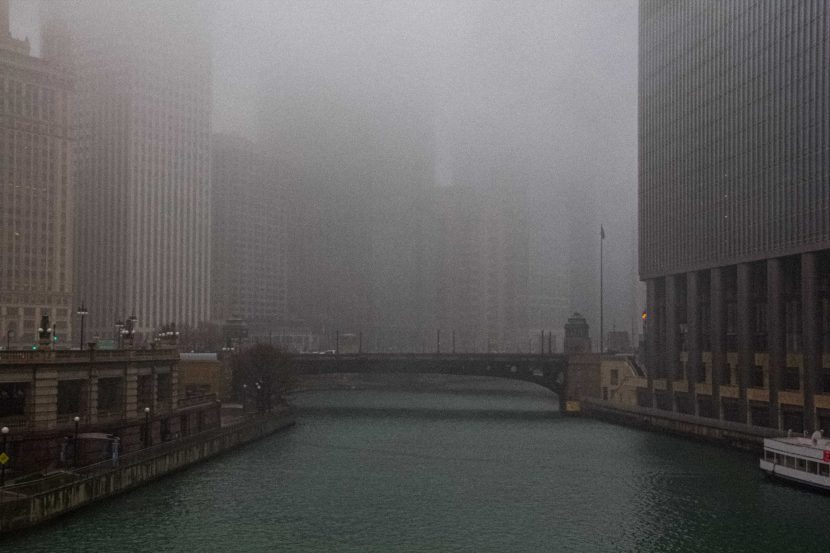I’ve gotten to the point where I nearly tune out when someone in the public eye starts going on about the Founders and what they intended. Pro or con, it’s a surmise, and cherrypicking is rampant, though some pick bigger cherries than others. A few don’t even bother, they just make up whatever feels right and layer it over a 10th grade understanding of history. They can do this because we Americans in general couldn’t care less about history. That has always been the case, just as we, who have freedom to do so, read very little on average.
Some things have emerged from what I’ve read over the years pertaining to what the good folks in 1787 intended, not so much what they wrote down (though many of them did) as to what a reasonable assessment of the history of the times tells us.
The first thing I conclude is that the vast majority of Americans, once the ties were severed from England and the nation established, went on to pay precious little attention to the Constitution or the intent of the Founders. They were too busy doing what they then felt at liberty to do, which was carve out a bit of something for themselves and their descendants, legally if they could, by whatever means they had at hand. To live their lives as they chose. Adhering to the vaunted principles set forth by the framers of the Constitution was not top of their agenda. Not that they paid no attention to what was going on in Philadelphia, seeing that whatever emerged from that august body was bound to affect them directly. But I believe their interest was largely self-directed. They had just gotten one pest off their back, it would be annoying if another took its place.
And I’m sure they were fine with the results as far as it went, probably proud of it, since the majority voted for it, but it was not about to change how they saw or made their way in the world. For one thing, it did not seem to require that they change. Those few passages in the Bill of Rights which later in our history caused some upheaval just didn’t seem all that big a deal then. As far as the self-defined audience for the new Constitution was concerned, it was for their benefit and any restrictions applied to someone else. From all appearances, especially the Bill of Rights, it was designed to interfere as little as possible with the aspirations of the average citizen.
That average citizen/settler came here or migrated west in order to succeed at some form of self-sufficiency. The “dream” here that attracted so many from Europe and other places was that you, whatever your origins, could actually own something, and the law was there to see that no one could take it away arbitrarily. This was not unprecedented—English common law offered something similar, and the 13 colonies were overwhelmingly English—but the opportunity to actualize that goal seemed far more possible here. Enough folks managed a degree of it to give real force to the idea. And the new Constitution was by and large a set of restrictions on government, to keep it from acting arbitrarily.
This goes to one of the questions about the American revolution that teases people from time to time, which is out of all the revolutions that followed, why did this one work and the vast majority of the rest did not?
Simple. Our revolution—the war, the severance from England—was done in order for the people living here to continue doing what they had been doing all along. With relatively minor modifications (initially) the institutions already established had been up and running for over a century and in the aftermath very little changed. They had been doing fine and wanted England to butt out. Likewise, the Constitution seemed designed to guarantee the same continuity. The ones that followed, almost all of them sought to completely change the institutions and machinery of their countries. They were trying to do things differently, from top to bottom. We, by contrast, had it easy in the aftermath. (Plus, it there was something you didn’t like that the new establishment was doing, you could pick up and head west, out of reach, at least for a while.)
The idealism of a freedom of the press, the separation of church and state, the guarantee of due process, all could be regarded not as radical instantiations of a new communal ethic, but merely as a promise that the government—specifically the federal government—would not intrude upon local custom.
The big problem left on the table, of course, was slavery. Every high-minded phrase from the Declaration of Independence on talked about individual liberty, and yet the necessary changes to guarantee that were not made. Things, as I said, went on much as they had always gone on.
Aside from slavery, other problems continued. Newspapers were burned down, the presses smashed, when they disturbed local sensibilities. No one prosecuted the perpetrators on the basis of the first amendment, but on property destruction and, in some instances, assault and murder. The “Constitutionality” of the acts were not taken into account (naturally, since such actions were rarely if ever instigated by the government). The people doing the smashing and burning likely never considered the higher ideal involved. They only knew they were offended by the newspapers in question and felt they had a right to shut the down. Vigilantism overrode juris prudence and due process. And, per the early supreme court, contracts were held to be more important than individual circumstance and rights.
And of course the “rights” of indigenous peoples were almost never considered, even though the founding ideas of the country aimed at All Men. (Of course, that left women out as well.) There were several “oversights.”
It has been pointed out that the Founders didn’t think much of democracy, which is why they established a republic. Aside from educational assessments, I suspect they knew fairly well that for too many of their fellow citizens, the ideals they had managed to enshrine in the Constitution mattered very little. They knew, though, that they could not just mandate the new structures, because that would have caused many of the same problems they had just finished fighting a war with Great Britain over. So the ratification was an open vote, universal, one man one vote. The first time and for a very long time the only instance of allowing an open plebiscite. The population voted for it, en mass. It was a fairly literate population and the campaign to get it all approved resulted in the Federalist Papers. (There were also opposing viewpoints, the Antifederalist Papers, which I suspect most people today know nothing about, but it was a debate, a very public one.) People had a chance to vote no.
So did they not approve of all the highmindedness? I mean, they voted yes, they had to know.
Well, yes and no. We’ll never know for sure, we can’t, but I have a feeling that many if not most looked at what was being proposed, saw it as a set of restrictions on the federal government, and believed none of it would apply to them. It was a legal framework that gave them freedom to live the way they wanted.
No matter at whose expense.
And it’s not that they had ambitions to do bad things, but exclusivity was seen as natural. The idea that the privileges and rights held by a white male in 1790 should be shared with everyone else…well, perhaps the theory may have sounded fine, but to actually establish that in his own neighborhood?
By the the time the Civil War came around, a lot of people were probably thinking what a nuisance this whole All Men thing was. That perhaps the Founders had pulled a fast one on them. It had never occurred to too many of them that there was a slow bomb in the thing they had agreed to.
That slow bomb was an idea let loose from the beginning, which is at the heart of all the Constitutional controversy down through to today. Equality. Perhaps they thought it wouldn’t matter—after all, they had said that All Men were created equal, which by implication left women and children out. But Native Americans are men (those who are not women) and so are African Americans, Latinos, and so forth. Once the claim was made, it was only a matter of time before all those groups who were denied equal regard would begin pointing out the disconnect and others would agree. But it likely never occurred to those who in subsequent generations grew angrier and angrier by the assertions of rights from groups they never themselves considered equal on any grounds that what the Constitution said would actually mean things would have to change.
(Perhaps if they had written All Humans, it would have been clearer. But as we know from history, people here and there have no problem designated Others as Not Human.)
Now, on the other side, no doubt many people knew very well what they had just voted for and liked it. Which is why they were so angry about the degree to which their country had failed to live up to its stated ideals. These populations were not monoliths. And they fought with each other. The Founders—some of them—had, in the old aphorism, put the cat among the chickens, quite intentionally.
The fight over equality has been about an assumed right to acquire the power to dictate to people with less power. Not overseas, although one can hear that being argued among certain people, but right here. The unquestioned right to accrue wealth and power which can then be used to control those with no money and no power. The argument? That this is not a right, but a privilege that has the drawback of impacting actual rights.
That one is still being argued. Of course, there’s nothing in the Constitution about that, other than that implied mandate for equality in several sections and in a good deal of the Bill of Rights, that these freedoms and protections are meant to be applied equally. We’re having a difficult time with that. The first successful skirmish after slavery over that was back during the Trustbusting days, which was an ethical fight using the commerce clause of article V to base the federal government’s legal right to interfere in financial systems. FDR nearly finished that job, not quite, and here we are again.
(Consider how often an obvious argument about equality has been side-stepped judicially in order to avoid certain ramifications. Reproductive rights, for instance, has been mainly argued as a right to privacy rather than an obvious matter of equality. When gay rights came before the courts, attempts were made to put them in the same category, but the decision was made to argue them as matters of equality. It should be noted that in the subsequent decades, reproductive rights ended up more and more vulnerable while LGBTQ rights have only gained valence. When arguments that are best made based on equality are set aside it is almost always because someone is afraid of losing a perceived privilege.)
Because that was the aim, to find a system wherein everyone had a share, a say, and no one could take away their voice. Wherein everyone had an equal right to the possibilities of community.
The American Dream has for too long been characterized as a materialist fantasy—money, property, etc. True, much of the dream requires a material component, but only in service to the larger dream, which is for each of us to be able to live in the world as who we are without arbitrary limits imposed for reasons that have nothing to do with the principles upon which we were ostensibly founded.
But living that way requires we respect everyone else’s right to live their way. The unimagined (but perhaps not unanticipated) varieties of tolerance necessary did not have so many challenges to the people then who felt it was simply and exclusively all about them. They probably knew that at some point there would be a reckoning, between principle and reality, certainly over slavery—in fact, they did know since the argument was built in to the Constitution (the 20 year delay in allowing the issue to be addressed in congress), so some of them might well have had an inkling that there would be more and for them stranger examples of the meanings they had set to emerge.
My point? Well, the obvious one with regards to the nonsense foisted on us about Originalism. Even if philosophically there were some validity to the idea of Originalism, it’s an impossible argument to make, because we continually refuse to address the obvious, that people then were not much different in key respects than they are now. They did not go forth to conquer and settle this country spurred by the vaunted ideals of the Founders, but to make as much money and guarantee as much security as they could, and were quite happy to have a legal structure—they thought—that approved of their personal ambitions. The Founders knew that and some of them managed to create a guiding document intended to open up and emerge with more and more force as circumstances arose to trigger those inherent meanings. This would be the very definition of a Living Document.
But for the sake of argument, let’s suppose Justice Scalia was right when he dismissed the idea of the Constitution as a living document. It doesn’t matter. Because it is a document based on an idea and ideas are useless without a living mind to embrace them. Assume then that the Founders, some of them at least, knew what they were doing when they put all those bits about equality into these various instruments, that in the future the living minds that accessed the underlying principles of those documents, the ideas, would have to unpack them and interpret them. (Alexander Hamilton said there was no need for a Bill of Rights because the structure of the Constitution would force people to oppose each other over ideas, issues, and rights.) There are only so many ways to interpret Equality. The document may not be alive but the ideas cannot be otherwise. Many of the Founders likely had a constrained idea what equality meant. Or maybe not, maybe they just had a limited notion of who they intended it for. But they likely knew their understanding of it would not be the only one through time. And they put it in there anyway.
Meantime, we’re having the same fight. Between people who wish to live in a better, more equitable society, and those who wish to be free of any interference so they can get what they can, preferably without having to be brutal, but certainly prepared to be if they can’t manage any other way. The latter group are the ones complaining today about Wokism and frankly terrified of education. Born of the previous generation who hated Political Correctness, something they misunderstood and/or mischaracterized then. And they came from those who hated Civil Rights, because they thought they’d lose power if actual equality were established. They’re the same sorts who back in the day thought nothing of wiping out native tribes and stealing their land because of some nonsense called Manifest Destiny. The idea of actual equality would have sounded…foreign…to them. Certainly frightening.
Imagine what it would be like if we actually did embrace equality…
From 1789 on we have had two Americas. The one we like to brag about, but which too many people really don’t want. And the one we live in, which is still stuck in an anti-idealistic struggle engineered by people who have a stake in keeping us frightened of each other. It’s troubling to me how eagerly we seem to embrace our fear, even while we often sing praises to the unrealized dream.

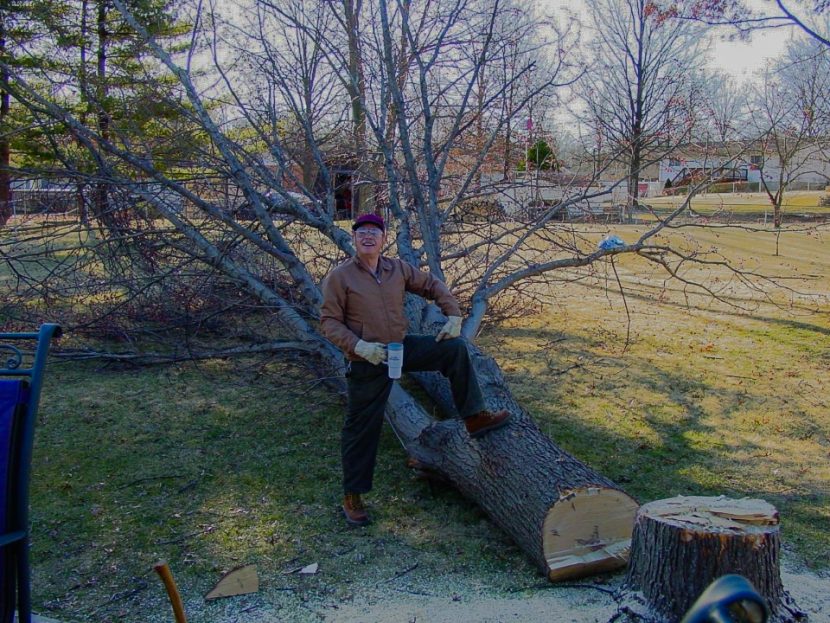
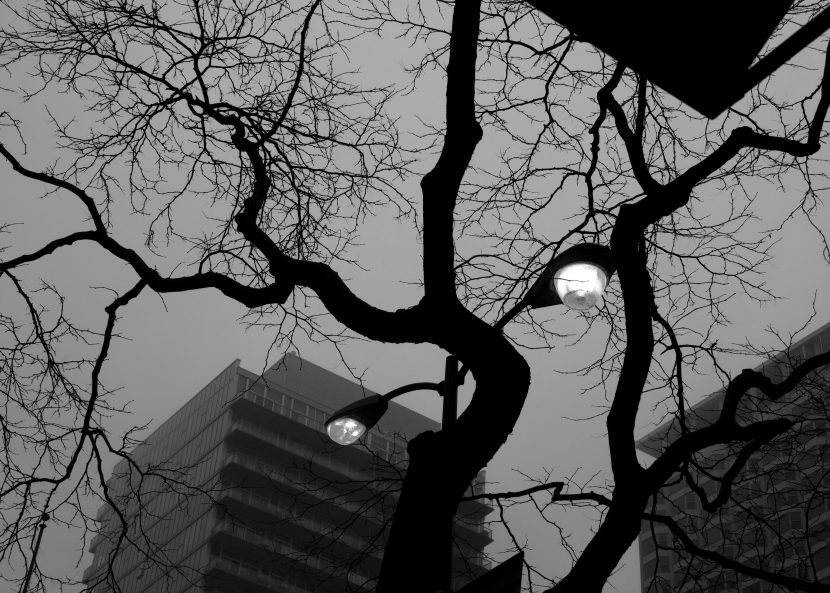

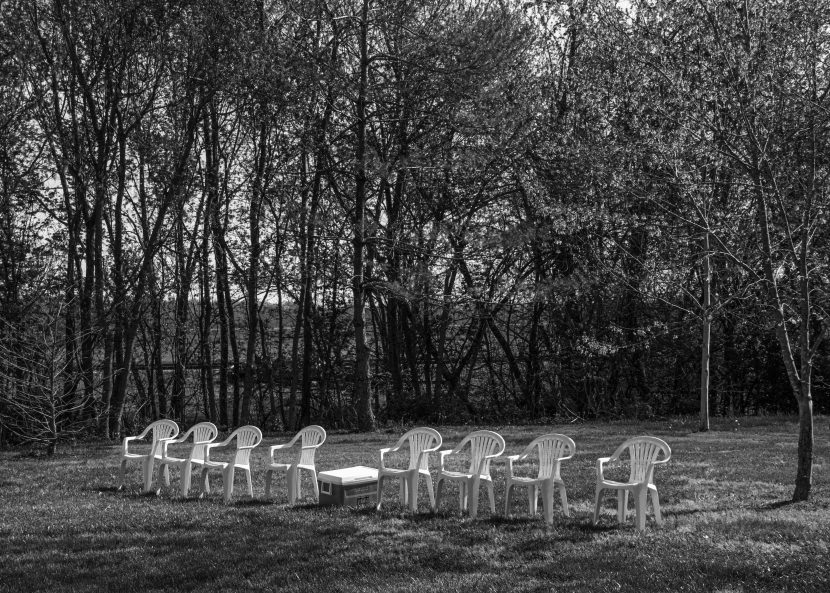
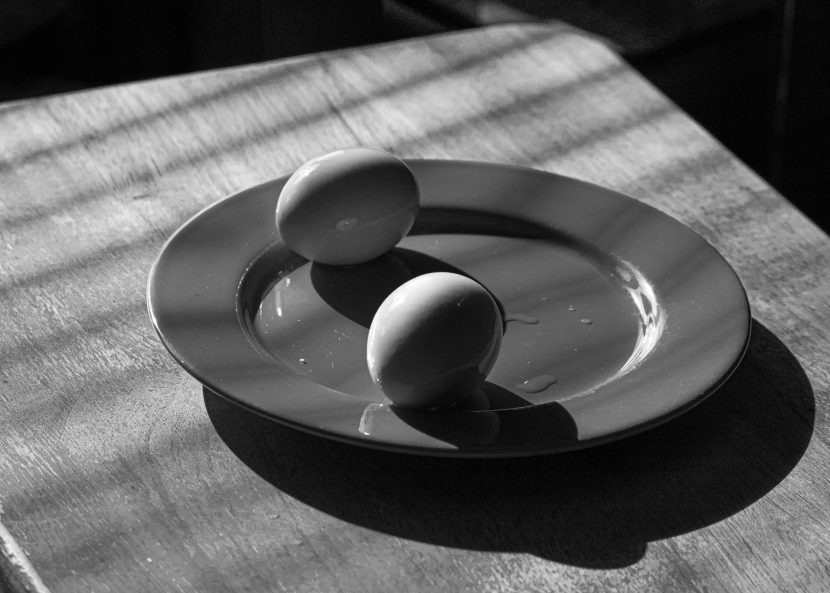
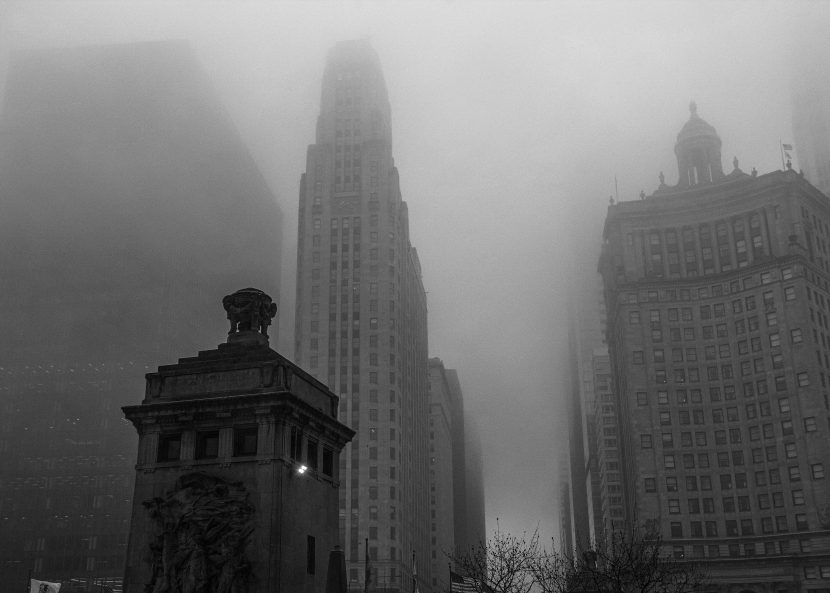
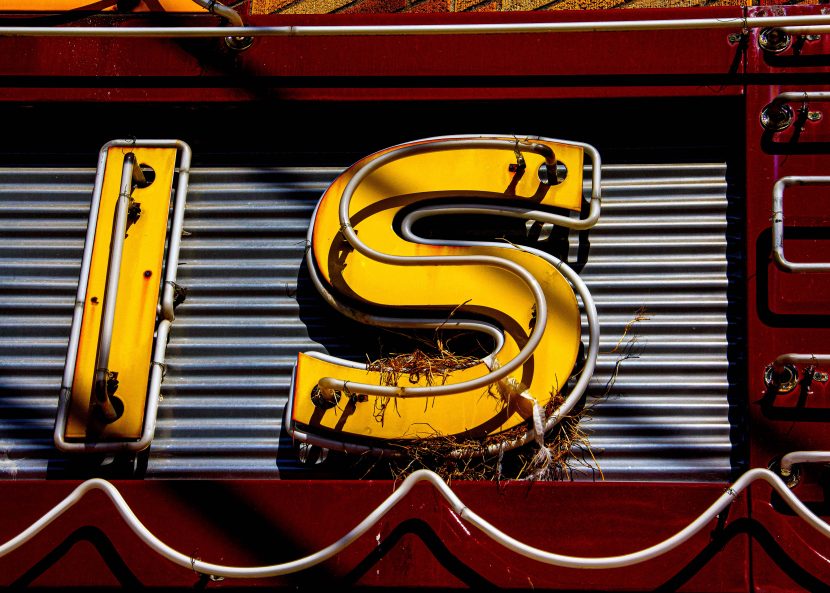

 seafood fan, but this was all wonderful. (If you go, ask for Andrew.) And then, the special deal, Donna was able to indulge her love of smoked salmon for breakfast.
seafood fan, but this was all wonderful. (If you go, ask for Andrew.) And then, the special deal, Donna was able to indulge her love of smoked salmon for breakfast.